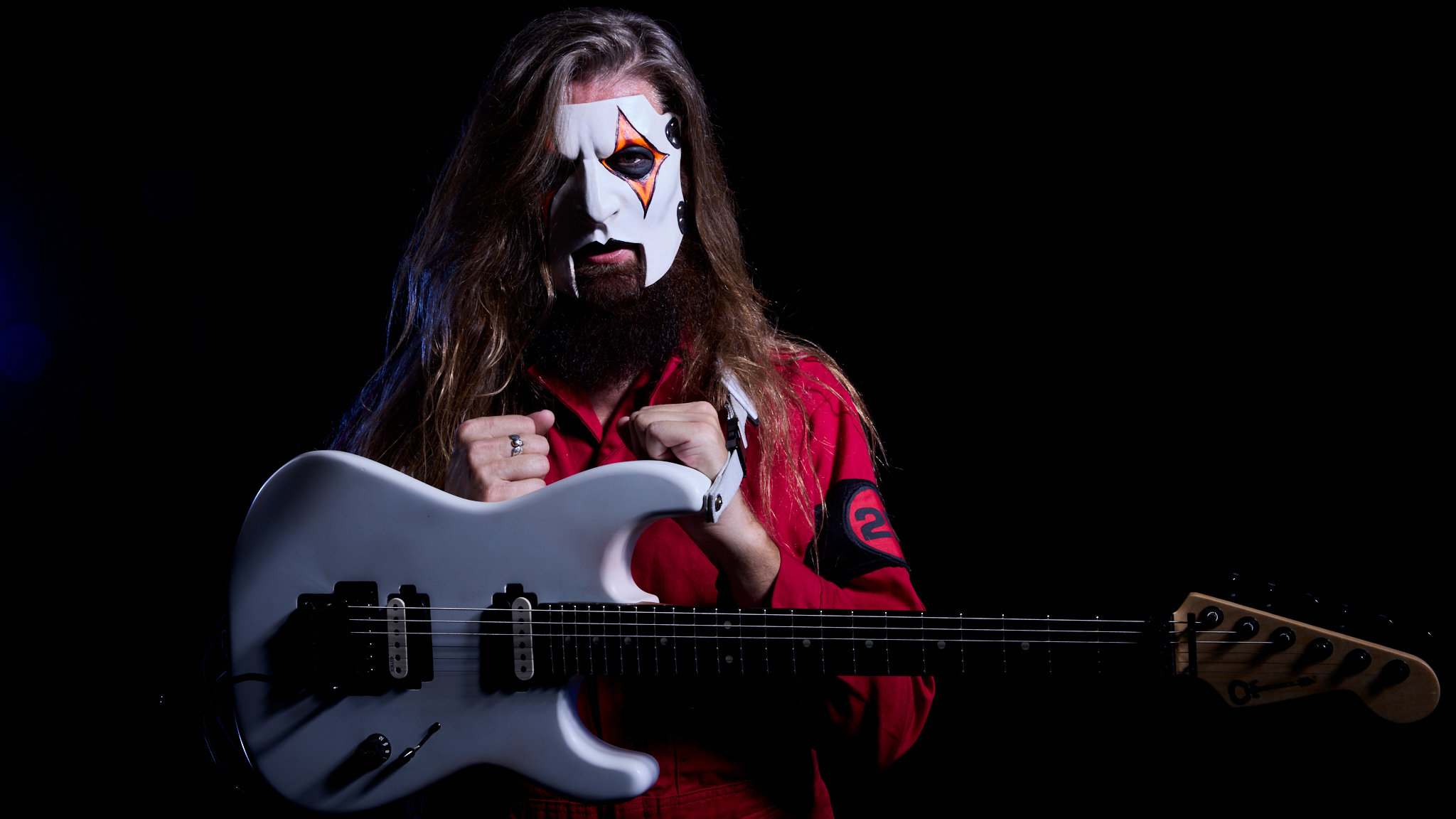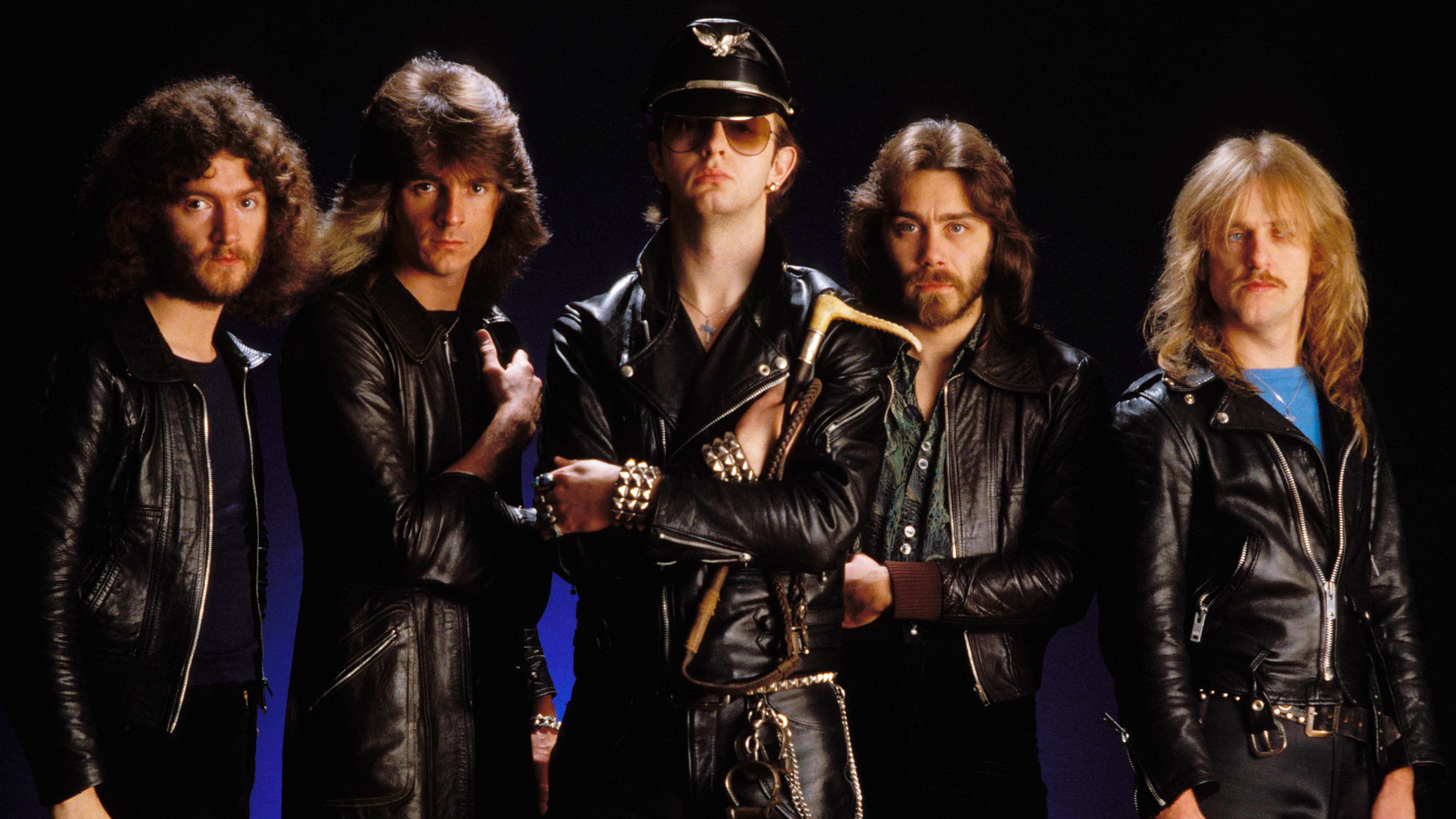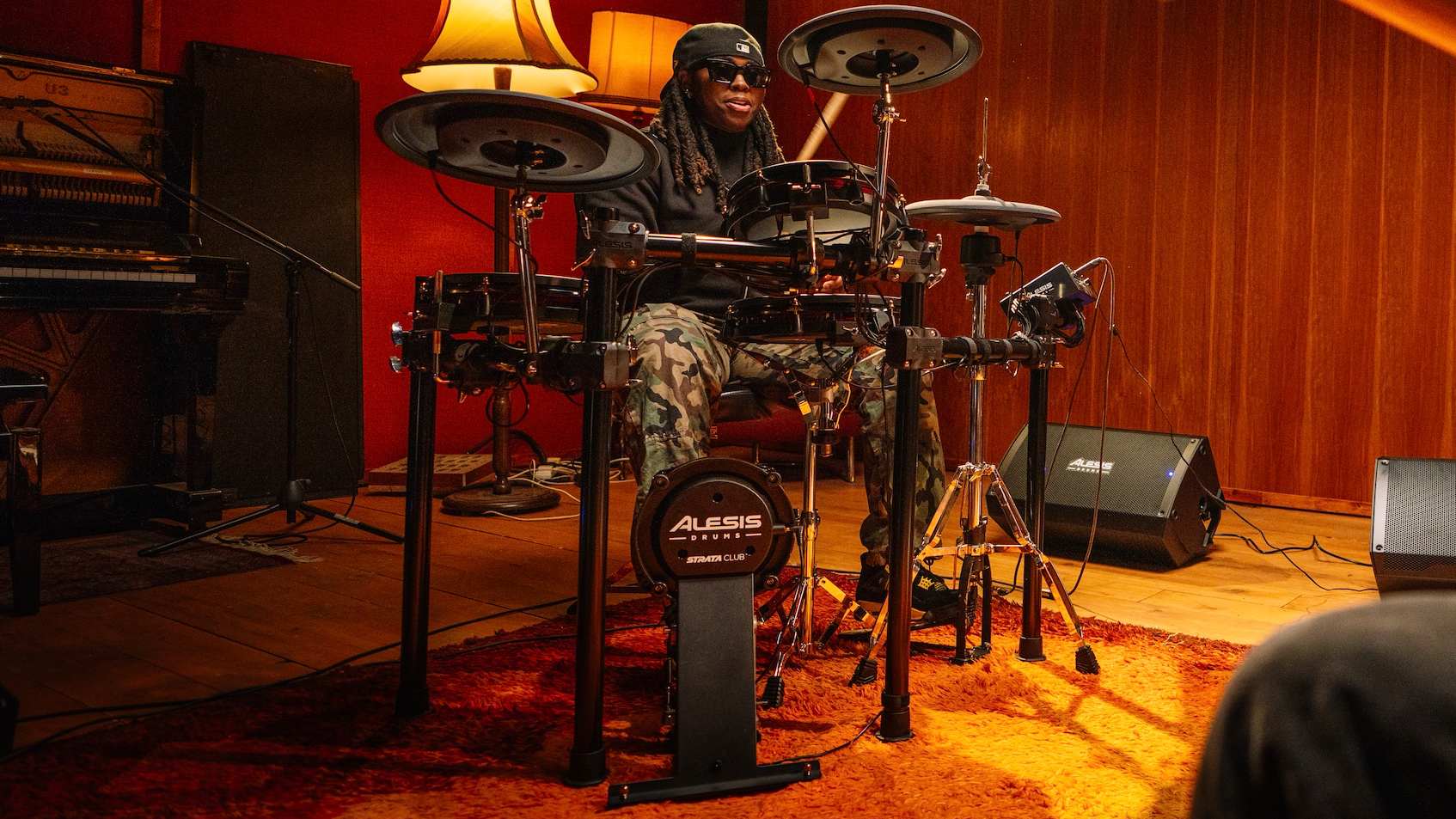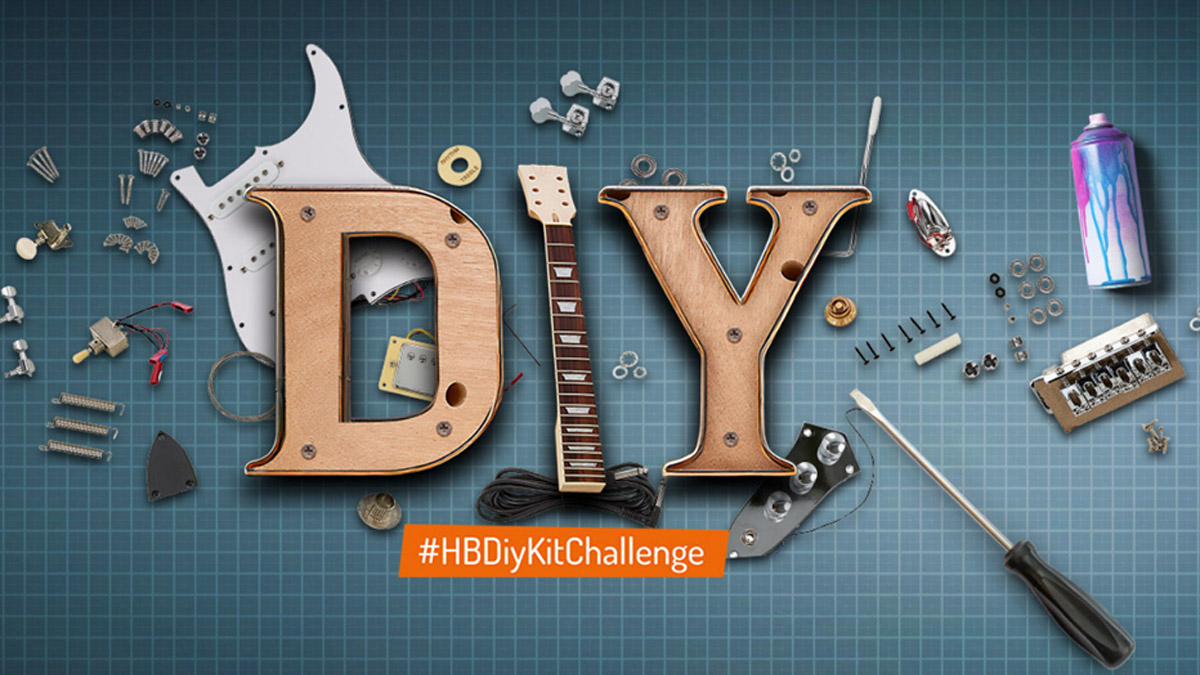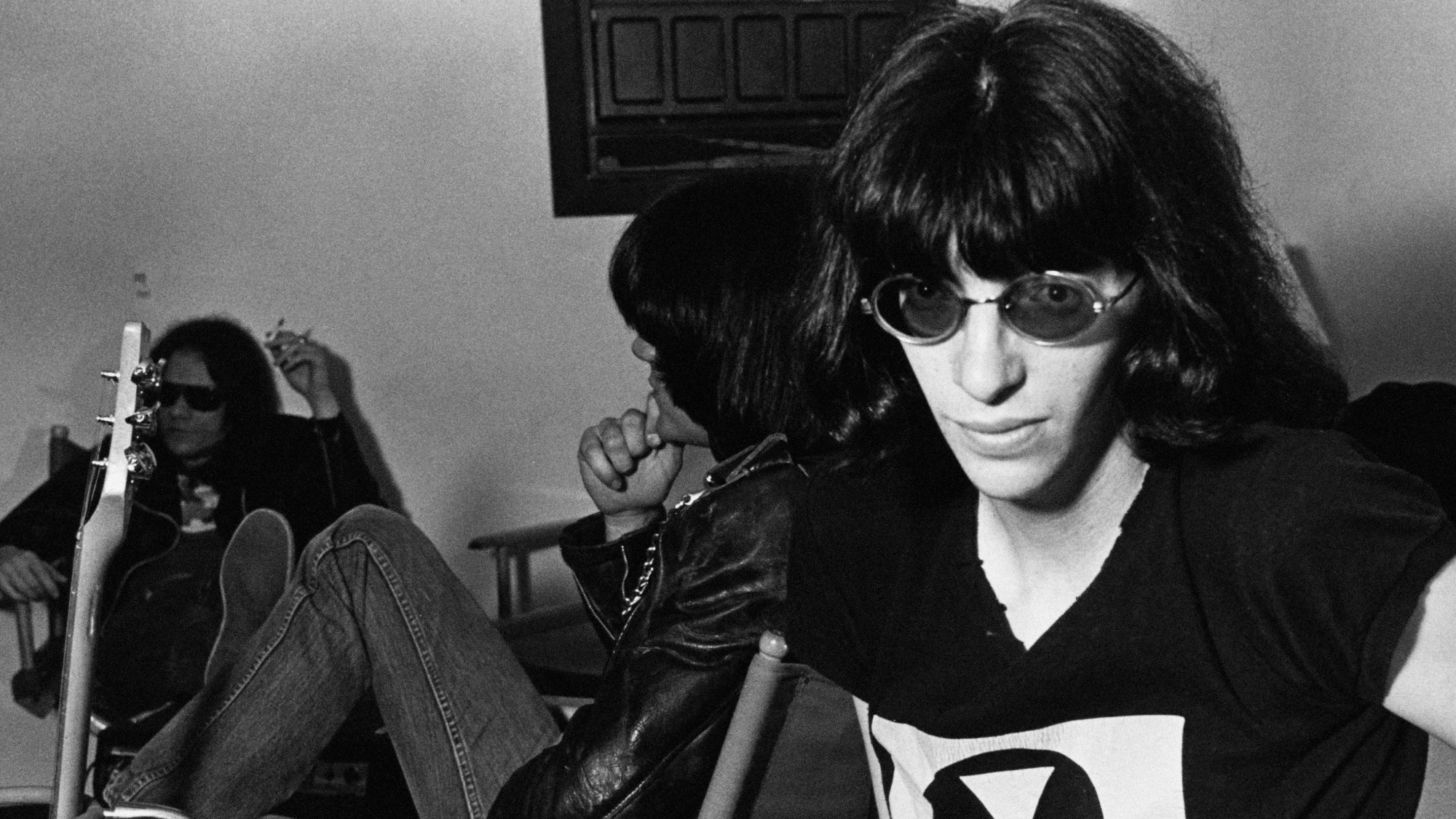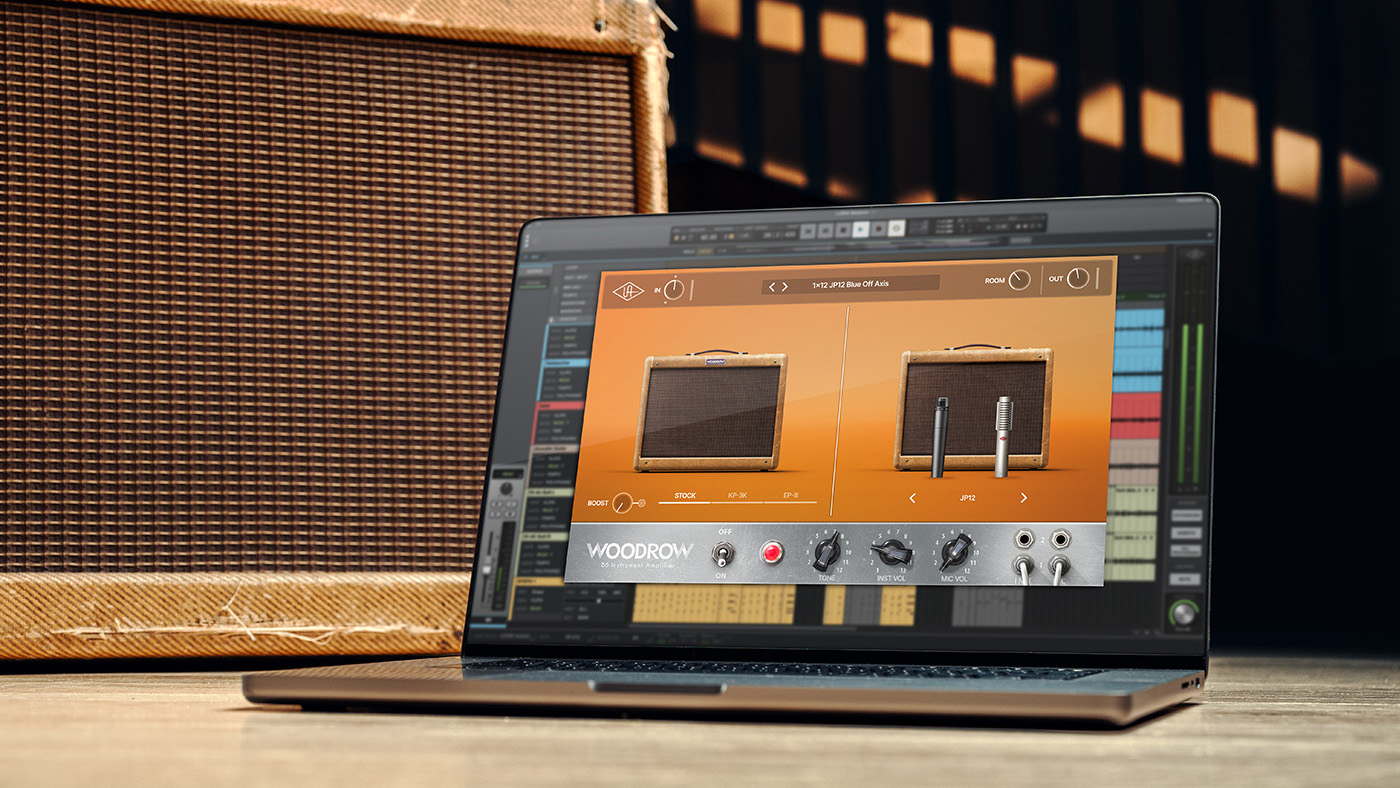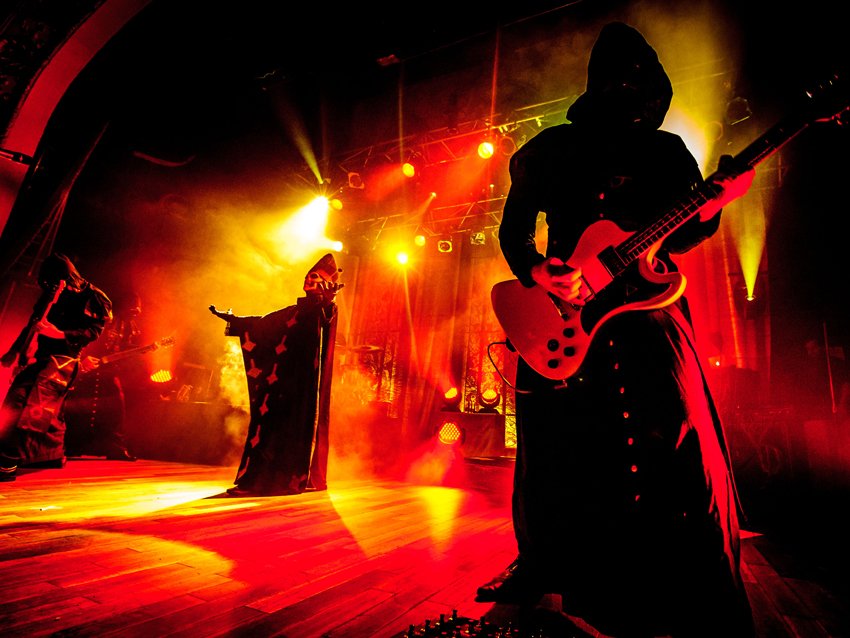
A Nameless Ghoul of Ghost B.C. talks about the band's rise to fame
A long line of fans, an almost equal mix of males and females, stretches around the block outside Brooklyn's Music Hall Of Williamsburg for tonight's performance by Sweden's horror-rock specialists Ghost B.C. Inside the venue, seated on a comfy couch in his dressing room, one of the group's five Nameless Ghouls considers the band's rapid rate of success and the fact that its admirers don't make up an all-boy's club.
“It’s interesting how things are happening for us," he says. "When you’re a kid, you want to be a rock star, you want to be known, and you want to get chicks. [Laughs] Now you’re in a famous band and you’re completely unknown.
“When we created this whole thing in a haze of some substance, we didn’t really think about girls. It was still at the point where we were like, ‘It’s gonna be horror! It’s gonna be this, it’s gonna be that, with smoke and shit.’ Chicks weren’t in the picture. Then you start doing it, and it’s like, ‘Oh, hey… chicks like this. All right.”
What the men and the girls both understand has made the devilishly fun sextet a big draw on both sides of the Atlantic in record time. The group's visual aesthetic – the five instrumentalists (the Ghouls) don hooded robes and wear black masks, while frontman Papa Emeritus II is a scarifying image in his papal attire and skull makeup – is but part of the allure, but Ghost B.C.'s music, an exuberant blend of goth and classical metal along with its not-so-obtuse references to the Antichrist, is the real clincher. The band's recently released second album, Infestissumam, is wicked in all the right ways.
Having just completed a soundcheck and while contemplating a run to a local record store, the Nameless Ghoul talked to MusicRadar about the band's musical influences, recording in Nashville, playing gigs in extreme temperatures and the group's eventual expiration date.
You’ve been doing a mix of headline shows at big clubs and festival appearances. Is one easier than the other? Or more fun?
“Our comfort zone is headlining, I don’t want to say ‘smaller places,’ but venues where we can have some control. The more popular you get, it turns into a conflict in that you’re trying to play to your fans while reaching new ones; you tend to put yourself in situations that may not be optimal in order to subject new people to what you’re doing. That’s where we’re at right now.”
I'm sorry, but are you Nameless Ghoul 1 or 2?
“Uh… I play guitar. [Laughs] I don’t know if that helps you at all.”
You can’t tell me which one you are?
“No, not really. I play guitar.”
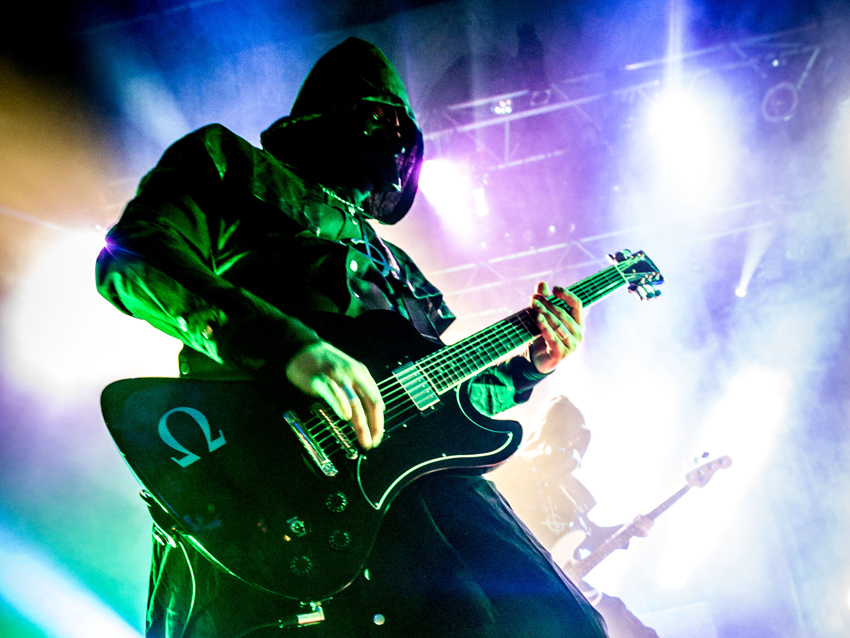
A Nameless Ghoul of Ghost B.C. talks about the band's rise to fame
How did you guys decide who got to be 1 or 2? Did you flip a coin?
“Well, I’m the main music writer. I play the solos, and I play lead guitar, so... there you go.”
What kinds of bands were you in before Ghost? What was your musical development?
“Collectively, we’ve explored a really wide landscape of different genres. Most of us hail from rougher sort of underground music – extreme metal, punk and hardcore. We all met through an intense interest in exploring classic rock. We’ve done a little bit of everything.”
It’s interesting you say that. Ghost is hard-edged, but the band doesn’t have the same kind of monochromatic grind of a lot of death metal.
“It’s hard to label what we do because we tried to come up with something that isn’t so… easily labeled. There are elements in our music that death metal bands wouldn’t incorporate at all. There’s violence, but very little. It’s unflattering to talk about this – it inflates your sense of your own importance. I do feel that we’re different from a lot of contemporary bands, and I think, intent-wise, we have more in common with a lot of bands that are not at all into hard rock. Hard rock and metal are very much about heritage and tradition. Some of those fans who are more anal might lot like us because we don’t incorporate a lot of the typical or modern heavy metal elements that they want. We’re trying to be more of a proto-metal band.
“Obviously, we know our metal, and some of the influences in our music are from the ‘80s – nothing from the ‘90s, and nothing beyond that. The golden heydays of extreme metal were between ’83 and ’89, maybe; after that, there were moments that were good, but it completely died after that, probably by 1994. The proto-metal of the ‘60s and ‘70s was golden.”
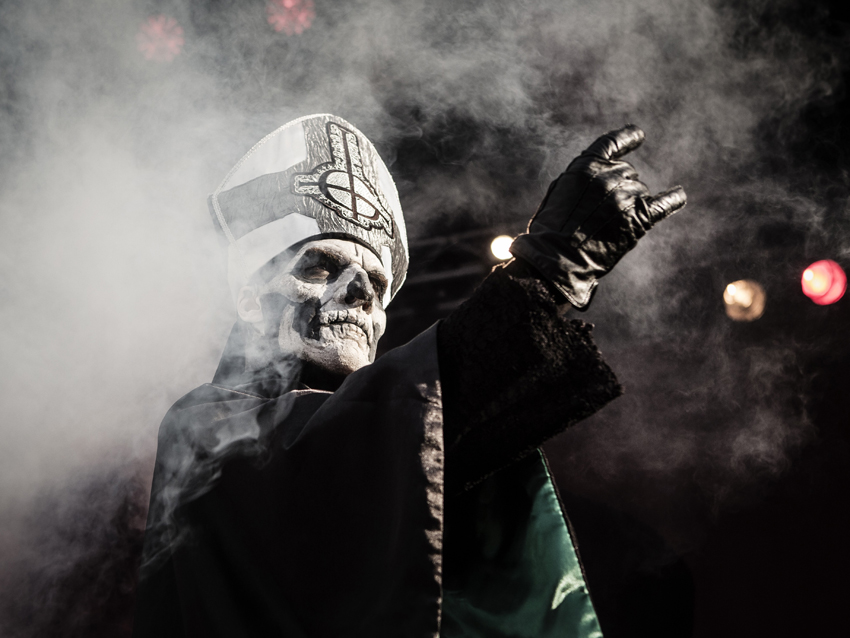
A Nameless Ghoul of Ghost B.C. talks about the band's rise to fame
The band has covered ABBA and The Beatles – obviously, you don’t live by metal alone.
“No, we don’t. I bought the new Daft Punk record that everybody loves; it’s extremely good, a real prize winner. I like the new Flaming Lips...there’s so much. The main influences are The Doors and Pink Floyd, the usual classic rock stuff. I also like some of the more melodic stuff by Tangerine Dream… Rush. It’s not all metal, no.”
How did you like recording in Nashville at Blackbird Studios?
“We have very fond memories of being there. It was very idyllic, with the falling leaves and the seasons changing – very beautiful. We were situated in a cool studio complex; it’s obviously a big building, but the individual studios are cozy and nicely furnished. The guy who owns it is clearly a big Beatles fan because there were Beatles posters everywhere.”
That’s John McBride. Yep, he’s a big Beatles fan, hence the name of the studio.
“Exactly. So that was a very inspiring milieu for us to be in. We’ve made records in the past, but it was nice to be in a place like that and to have a budget where we knew that we could get some shit done.”
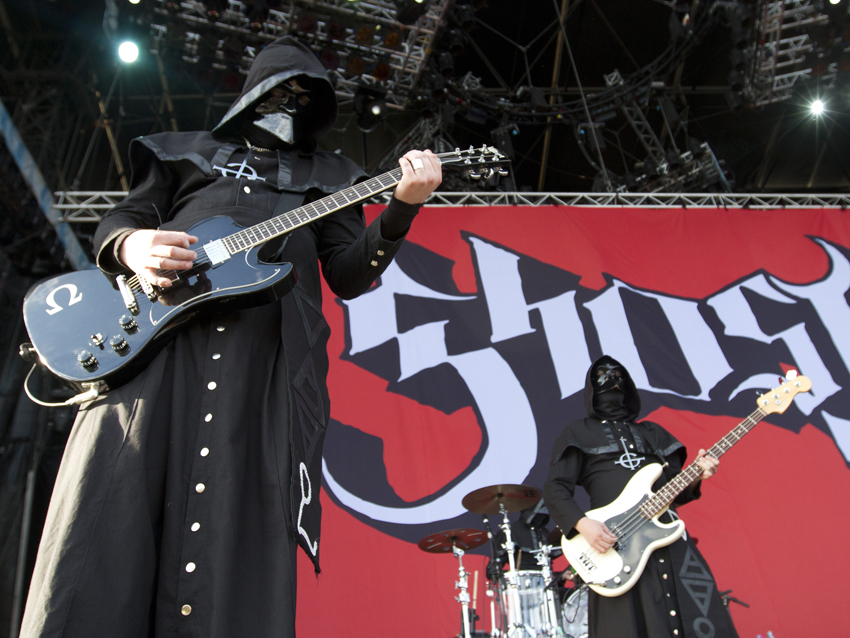
A Nameless Ghoul of Ghost B.C. talks about the band's rise to fame
Did you make use of some of the vintage guitars and amps at Blackbird?
“Not the guitars, but we did use a lot of Nick Raskulinecz’s stuff, his guitars and amps. He’s got a ton of stuff. We did use some of Blackbird’s microphones and effects, though. Our whole time there was great. Nashville was a funny, interesting place for us. For as great and diverse as our record collections are, taste-wise, country is poorly represented. Going into some of the stores there was like going to a Star Trek convention when you’re a Star Wars fan: ‘Well, I can’t find anything here.’ You know, we're aware of Hank Williams and Johnny Cash and those artists that broke into the mainstream, but being in those record shops was like being in a steakhouse when you’re a vegetarian.”
How did the band’s makeup and presentation – the whole aesthetic – begin and evolve?
“The very unsexy start was that Ghost was a project, just a few songs and a vocal. Very early, when it was that embryonic, the few of us that were into the project knew that it wouldn’t fly if it was going to be just a band. What I viewed for the presentation was big and bombastic, this huge fucking thing. [Laughs] But that wouldn’t work if you’re just standing there in a shirt, being a dude. At that point, we were like, ‘Let’s get it together and build it.’
“We needed to jump over some of the steps that everybody else was doing. We managed to get a record deal and a fan base – this was back in the days of MySpace – and all of a sudden we were sitting there, and it was like, ‘Gigs… Oh, shit! We need to get a band together now.’ We got everything together, and yeah, now we look back and it doesn’t look cool. But what you’re seeing at the moment is just the start; we’re looking to 2017.”
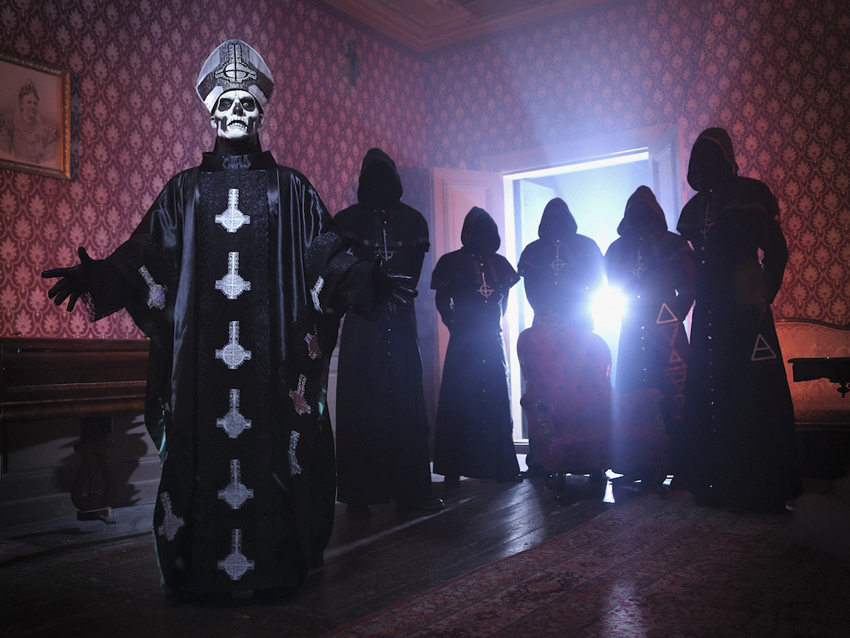
A Nameless Ghoul of Ghost B.C. talks about the band's rise to fame
OK, seriously, how freaking hot does it get wearing that hooded robe on stage?
“You get used to it. It’s not a big shock anymore. We’ve had some shocks, like the time we played in the basement of Webster Hall in New York for the first time. That show was unbelievably hot; it was probably 100 degrees down there. The show was oversold by 100 people or so, and there was no air. As soon as you get into that phase where you’re concentrating on breathing, it’s pretty strange and disorienting.
“Playing outdoors is always tricky. We’re in this game of trying to make it, so we have to play certain places that aren’t ideal – for now. Some outdoor shows are very hot, but some are pretty cold, too. When there’s a really cold breeze coming at you, that's something you have to be prepared for. Imagine if Papa lifted his arms – he’d be a sail.”
To what lengths will you go to try to protect your identities? You’re pretty young, but back in the day, the members of KISS would hide their faces in nightclubs – photographers everywhere were trying to unmask them.
“I think that we’ve been able to sustain our thing so far because there hasn’t been that kind of level of interest in the band.”
But that will change.
“That will change, so it’s something of a paradox. To go further as a band doesn’t run parallel with being anonymous. I read an article in the paper the other day, this piece in which they compared bands that had anonymous members. It was everything from Slipknot to us to Daft Punk; there was The Residents and one act I didn’t even know about, and The Knife. It kind of ranked the level of fame to how anonymous we are, but they forgot to mention how popular everybody was in the context of present day.
"So this guy I didn’t even know about got full grades because he’s still anonymous, and I was like, ‘Are you fucking kidding me?’ [Laughs] Obviously, he’s not very big, and not everybody knows who The Residents are, either. People know who Slipknot are because they’re a million-selling band. It doesn’t go hand in hand, though, the fame and the anonymity."
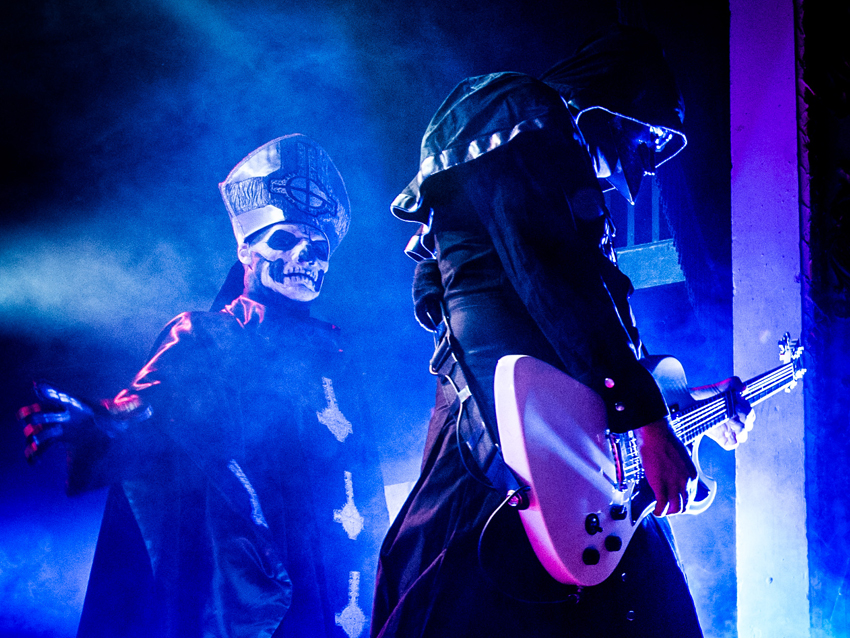
A Nameless Ghoul of Ghost B.C. talks about the band's rise to fame
“We’re comfortable with the idea that this won’t last. We yanked away the personal bits out of the band for the fans to enjoy it the way we envisioned it when we were just sitting around… [smiles] stoned… talking about this band we wanted to create. If people want to know who we are, just Google.
“But you know, when you’re playing venues where the exit and enter doors are on the street, people wait; they stick around. We don’t want to be assholes. If somebody is willing to sit on the pavement all day, we’ll come out of the bus and talk. We’ll sign whatever you have. No pictures, though.”
People are cool with that?
“They are. As we get bigger, sure, it’s a piece of cake to just take a photo. But you’re not only ruining it for us; you’re ruining it for everybody else, too. If there’s anybody who would change their opinion and their liking of the band just because they know who we are, that’s too bad.
“We do what we can; when we play festivals, we don’t have Ghost on our door. But there’s always going to be people that you meet or you bump into. Being in this line of work, you can’t function if people don’t know who you are. Just playing this soundcheck, there’s going to be five people that you don’t know.”
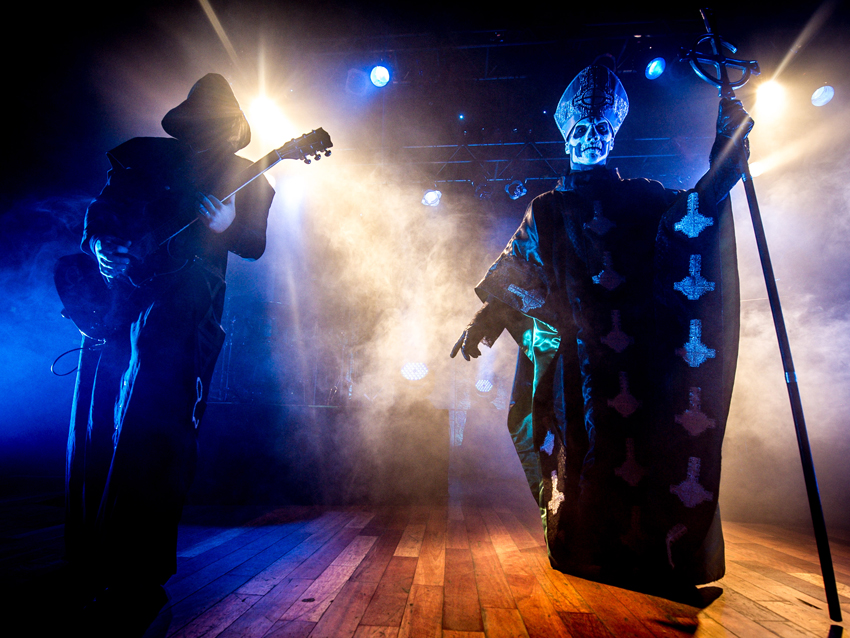
A Nameless Ghoul of Ghost B.C. talks about the band's rise to fame
I have to ask: Has another band member in full costume ever come around the corner or popped his head in the door and scared you?
[Laughs] “No. No, that hasn’t happened. The only time we think about it is when we’re all together and there’s people who don’t expect us to be there. They’ll go, ‘Wha?!’ And we’ll go, ‘Wha?!’ It’s just a natural reaction. ‘Oh, right… You weren’t expecting us.’ But we do it so often, we’re past all that.”
Do you envision a career after Ghost?
“Oh, yeah. Definitely. The way that we’re reinventing the wheels of what we do and making it interesting for us and for you makes it necessary to re-create the box all the time. Obviously, there is a narrow fine line to this, and there are some things we’d never do as Ghost. You can’t change to the point where you’re no longer what you are.
“But we’re not 19 year olds. We know that every band has a beginning and an end. Right now, we’re on a curve and things are going up, but it will go down. You have to be prepared for that. Sure, you want things to go on and on, but you have to be prepared for them to end, and that’s OK.”

Joe is a freelance journalist who has, over the past few decades, interviewed hundreds of guitarists for Guitar World, Guitar Player, MusicRadar and Classic Rock. He is also a former editor of Guitar World, contributing writer for Guitar Aficionado and VP of A&R for Island Records. He’s an enthusiastic guitarist, but he’s nowhere near the likes of the people he interviews. Surprisingly, his skills are more suited to the drums. If you need a drummer for your Beatles tribute band, look him up.
"No one phoned me. They never contacted me and I thought, 'Well, I'm not going to bother contacting them either'": Ex-Judas Priest drummer Les Binks has died aged 73
“I called out to Mutt and said, ‘How about this?’... It was a complete fluke": How Def Leppard created a rock anthem - with a little bit of divine intervention
"No one phoned me. They never contacted me and I thought, 'Well, I'm not going to bother contacting them either'": Ex-Judas Priest drummer Les Binks has died aged 73
“I called out to Mutt and said, ‘How about this?’... It was a complete fluke": How Def Leppard created a rock anthem - with a little bit of divine intervention



